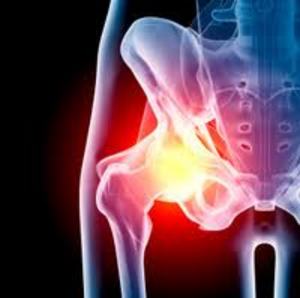A medical study published in the British medical journal, Lancet, has identified that all-metal on metal artificial hips fail more often than other designs. This confirmation has increased concerns about the implants and the researchers are calling for a ban.
British experts at the world’s biggest artificial joint registry said doctors should stop using metal-on-metal hip replacements, citing an analysis showing they have to be fixed or replaced more often than other implants.
The medical analysis in The Lancet, was published recently after Britain’s medical regulators said nearly 50,000 Britons with metal-on-metal hips needed annual check-ups to monitor for problems, including exposure to toxic metals.
Metal on Metal Hips were supposed to be more durable
Metal-on-metal hips were designed to be more durable than traditional implants, which consisted of a ceramic or metal ball with a plastic socket.
But medical investigation suggests they may actually do worse, leading to the recall of the ASR device made by Johnson & Johnson that experts argue should never have been allowed on the market in the first place.
Women with higher failure rates
According to the researchers, data from the study now reveals that there is a 6.2 percent chance patients with all-metal hips will need a replacement within five years – some three times greater than the revision rate seen with older implants.
And to complicate matters further, the rate was particularly high with larger-head implants and those used in women, in whom failure rates were up to four times higher.
Stringent Regulation demanded
Art Sedrakyan of Cornell University said the problem revealed weaknesses in the regulatory systems in both the UK and US due to “outdated and low-threshold regulatory pathways”.
New monitoring guidelines in UK
Under the new guidelines from Britain’s Medicines and Healthcare Products Regulatory Agency (MHRA), doctors are being advised to consider removing and replacing implants if patients have abnormal MRI scans or if metal ion levels in the blood reach worrying levels.
The study follows findings reported last month that hundreds of thousands of people worldwide may have been exposed to high levels of toxic cobalt and chromium ions that can seep into tissues and destroy muscle and bone, leaving some patients with long-term disability, according to an investigation by the British Medical Journal and the British Broadcasting Corp.
Other companies that make metal-on-metal hip implants include Zimmer, Wright, Stryker, Corin and Biomet.
 Dallas Fort Worth Injury Lawyer Blog
Dallas Fort Worth Injury Lawyer Blog


